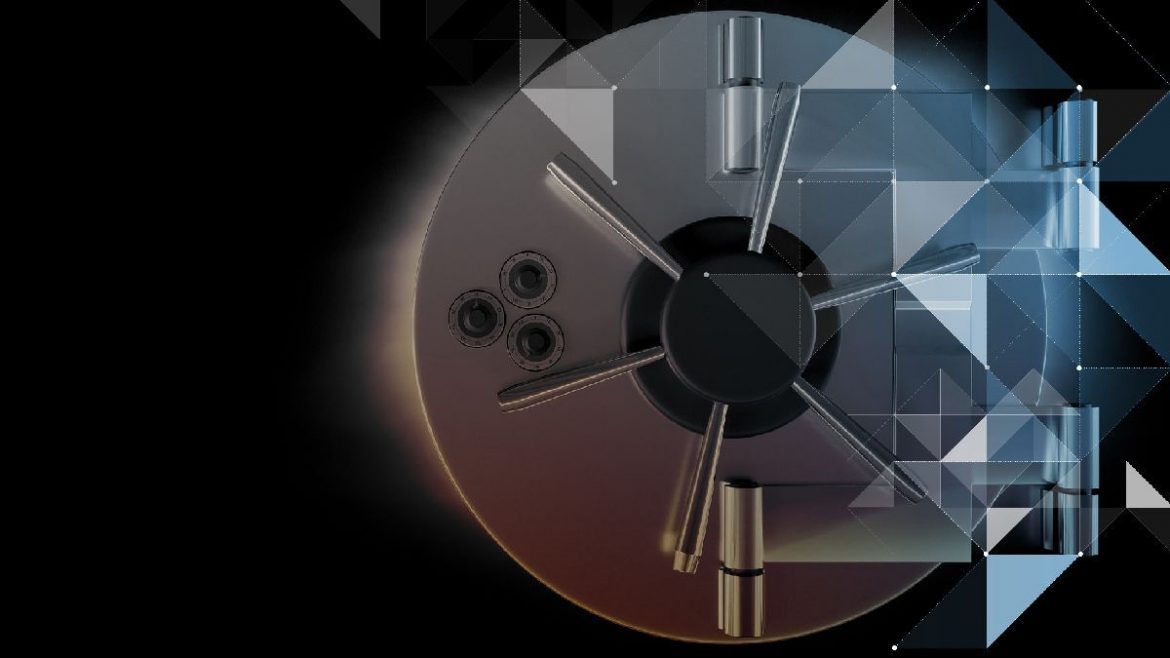It wasn’t that long ago when I experienced a severe hack and almost all of my accounts were compromised. I’ve had an active online presence since the mid-90s so online safety is nothing new to me, but there were some critical mistakes that I made which made me vulnerable – but I also did a lot of things right so my crypto was safe.
I suspect that I had a brute force attack on my GMail account, and what’s on GMail? The ability to save your passwords! Think about what you have attached to your email address if someone got unbridled access into that one account. I hope that scares you into securing your things.
Lesson 1
Keep your passwords and keys off-line!
I knew that all of my accounts were in jeopardy of being hacked and had, in fact, been robbed of a small amount of crypto because there were a few non-essential accounts that I did not place extra security on. My downfall was that I didn’t think it would happen to me. Here’s the thing: if you’re talking about crypto or blockchain, there are going to be bad actors who seek you out.
It’s an extra step but keep your private keys on a flashdrive, print out a paper copy – make duplicates. If you’re signing in, it’s a few extra key strokes to copy/paste your keys. The alternative is possibly losing your account.
Lesson 2
Strong unique passwords are the best.
Do not use the same access password across multiple platforms or accounts. Do not use your birthday or address or phone number. Do not use 12345. Most sites now require more stringent passwords when you sign up. You can use something like your favorite song title or quote; replace an E with 3, or As with @ – you get where I’m coming from, right? Just don’t use information that can be easily found in public records.
Lesson 3
Do not keep a lot of funds on exchanges
Exchanges have addresses for tokens they support but do not mistake these for secure wallets. These should be considered temporary housing for quick exchanges. If you want to HODL, consider keeping your crypto in a hard wallet. I’ve previously written about the Top 5 Hardware Crypto Wallets. Many exchanges have been hacked, been through DDoS attacks; some have even shut down. Do not rely on an exchange to keep your funds safe.
Lesson 4
Do not keep a lot of crypto in the same wallet
Some people might debate me on this. Certainly the hardware wallets are fine as long as you have a copy of the private keys stashed away in a safe place. If you lose your physical wallet, most of the time you just need to enter a brain key onto a new hardware wallet and the ledger of your funds are loaded. But there’s that saying, “Don’t put all your eggs in one basket.”
Lesson 5
Do not share your keys with anyone
It completely mystifies me that people still share their private keys with strangers. As an active member of a few crypto communities, I cannot tell you how many times I’ve been private messaged by newbies handing me their master keys because they need help. Please! For the love of crypto, do not trust strangers. I have never taken advantage, but I know plenty of gray hats who’ll hijack a person’s keys to teach them a lesson before they hand access back. Not everyone does that. And, I hate to say it, but don’t even trust your friends and family. Money does crazy things to people.
Going back to my hacked experience. The thing that saved my crypto assets was keeping my really important keys on a flashdrive and signing up for two factor authentication (2FA) if it is available. I also have flashdrive and paper wallet redundancies in a safe and my family will only get that when I’m dead. This is money 4.0 as far as I’m concerned, and I’m waiting for the moon shot. My cryptocurrency is as secure as it can be – and you should consider similar practices because if I was a target, you’d better believe that you are too.

1 comment
[…] Insights […]
Comments are closed.